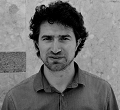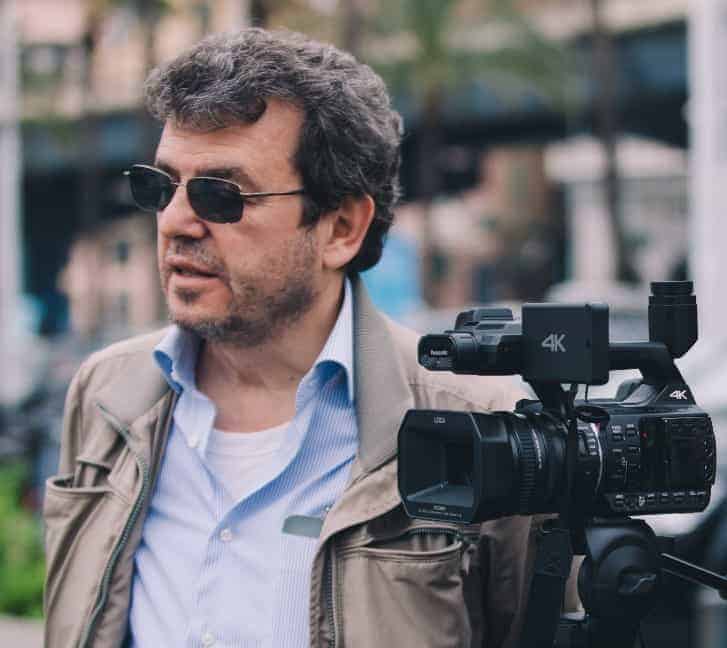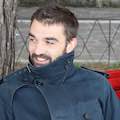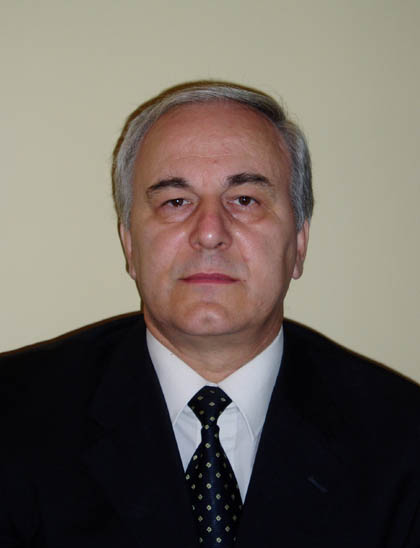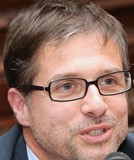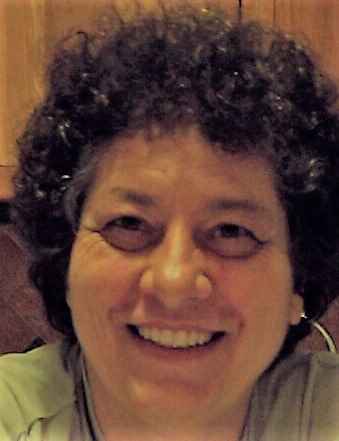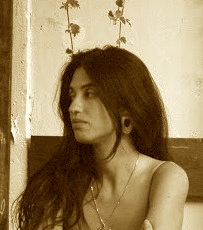Studying at the University of Verona
Here you can find information on the organisational aspects of the Programme, lecture timetables, learning activities and useful contact details for your time at the University, from enrolment to graduation.
Academic calendar
The academic calendar shows the deadlines and scheduled events that are relevant to students, teaching and technical-administrative staff of the University. Public holidays and University closures are also indicated. The academic year normally begins on 1 October each year and ends on 30 September of the following year.
Course calendar
The Academic Calendar sets out the degree programme lecture and exam timetables, as well as the relevant university closure dates..
| Period | From | To |
|---|---|---|
| Sem. 1A | Sep 24, 2018 | Nov 10, 2018 |
| Sem. 1B | Nov 19, 2018 | Jan 12, 2019 |
| Sem. 2A | Feb 18, 2019 | Mar 30, 2019 |
| Sem. 2B | Apr 8, 2019 | Jun 1, 2019 |
| Session | From | To |
|---|---|---|
| Sessione d'esame invernale | Jan 14, 2019 | Feb 16, 2019 |
| Sessione d'esame estiva (gli esami sono sospesi durante la sessione di laurea) | Jun 3, 2019 | Jul 27, 2019 |
| Sessione d'esame autunnale | Aug 26, 2019 | Sep 21, 2019 |
| Session | From | To |
|---|---|---|
| Sessione di laurea estiva | Jul 8, 2019 | Jul 13, 2019 |
| Sessione di laurea autunnale | Nov 4, 2019 | Nov 9, 2019 |
| Sessione di laurea invernale | Mar 30, 2020 | Apr 4, 2020 |
| Period | From | To |
|---|---|---|
| Festa di Ognissanti | Nov 1, 2018 | Nov 1, 2018 |
| Sospensione dell'attività didattica | Nov 2, 2018 | Nov 3, 2018 |
| Festa dell’Immacolata | Dec 8, 2018 | Dec 8, 2018 |
| Vacanze di Natale | Dec 24, 2018 | Jan 5, 2019 |
| Vacanze di Pasqua | Apr 19, 2019 | Apr 23, 2019 |
| Sospensione attività didattica | Apr 24, 2019 | Apr 27, 2019 |
| Festa della liberazione | Apr 25, 2019 | Apr 25, 2019 |
| Festa del lavoro | May 1, 2019 | May 1, 2019 |
| Festa del Santo Patrono | May 21, 2019 | May 21, 2019 |
| Festa della Repubblica | Jun 2, 2019 | Jun 2, 2019 |
| Vacanze Estive | Aug 12, 2019 | Aug 17, 2019 |
Exam calendar
Exam dates and rounds are managed by the relevant Culture and Civilisation Teaching and Student Services Unit.
To view all the exam sessions available, please use the Exam dashboard on ESSE3.
If you forgot your login details or have problems logging in, please contact the relevant IT HelpDesk, or check the login details recovery web page.
Should you have any doubts or questions, please check the Enrollment FAQs
Academic staff
 alessandro.bigardi@univr.it
alessandro.bigardi@univr.it
Cioffi Antonio
 luca.digiovanni@univr.it
luca.digiovanni@univr.it
 gianpaolo.lazzer@univr.it
gianpaolo.lazzer@univr.it
 sara.paolini@univr.it
sara.paolini@univr.it
 lor.reg@alice.it
lor.reg@alice.it
 antonella.toffali@univr.it
antonella.toffali@univr.it
Villani Simone
 simonevillani@tiscali.it
simonevillani@tiscali.it
Study Plan
The Study Plan includes all modules, teaching and learning activities that each student will need to undertake during their time at the University.
Please select your Study Plan based on your enrollment year.
1° Year
| Modules | Credits | TAF | SSD |
|---|
2° Year activated in the A.Y. 2019/2020
| Modules | Credits | TAF | SSD |
|---|
| Modules | Credits | TAF | SSD |
|---|
| Modules | Credits | TAF | SSD |
|---|
| Modules | Credits | TAF | SSD |
|---|
Legend | Type of training activity (TTA)
TAF (Type of Educational Activity) All courses and activities are classified into different types of educational activities, indicated by a letter.
Sociology of journalism (m) (2018/2019)
Teaching code
4S000886
Teacher
Coordinator
Credits
6
Also offered in courses:
- Sociology of culture and media processes of the course Master’s degree in Tradition and Interpretation of Literary Texts
Language
Italian
Scientific Disciplinary Sector (SSD)
SPS/07 - GENERAL SOCIOLOGY
Period
Sem. 1A dal Sep 24, 2018 al Nov 10, 2018.
Learning outcomes
The aim of the course is to make students aware of the fundamental concepts of the sociology of mass communications and the sociological reflection on the main mass-medium.
Program
The course will deal with the main theories concerning communication and in particular mass communication. It also examines the more interesting and recent communicative phenomena. Particularly encouraged will be the ability to think independently, the use of libraries and the autonomy of judgment of the student.
Part of the course is devoted to the use of photography in investigative journalism and sociology.
It will focus on the concept of public opinion, its historical development and its most recent changes will be explored. As for the topic of journalism, it will be implemented a critical reading of articles and videos that concern local news, economy and sport.
Reference texts:
- Gili G., Colombo F., Comunicazione, cultura, società. L’approccio sociologico alla relazione comunicativa, La Scuola, Brescia. (Capitoli 1 – 2 – 3 – 6)
- Stella R., L' immagine della notizia. Nuovi stili giornalistici nella società dell'informazione, FrancoAngeli, Milano.
- Dispense del docente
Un testo a scelta tra (non frequentanti):
- Habermas J., Storia e critica dell’opinione pubblica, Laterza, Bari.
- Lippmann W., L’opinione Pubblica, Donzelli, Roma.
| Author | Title | Publishing house | Year | ISBN | Notes |
|---|---|---|---|---|---|
| Gili G., Colombo F. | Comunicazione, cultura e società. L'approccio sociologico alla relazione comunicativa | La Scuola | 2012 | ||
| Renato Stella | L' immagine della notizia. Nuovi stili giornalistici nella società dell'informazione | Franco Angeli | 2004 | ||
| Walter Lippmann | L' opinione pubblica | ||||
| J. Habermas | Storia e critica dell'opinione pubblica | laterza | 1990 |
Examination Methods
Written exam through open questions
Type D and Type F activities
Modules not yet included
Career prospects
Module/Programme news
News for students
There you will find information, resources and services useful during your time at the University (Student’s exam record, your study plan on ESSE3, Distance Learning courses, university email account, office forms, administrative procedures, etc.). You can log into MyUnivr with your GIA login details: only in this way will you be able to receive notification of all the notices from your teachers and your secretariat via email and soon also via the Univr app.
Graduation
List of theses and work experience proposals
| theses proposals | Research area |
|---|---|
| Laureandi Editoria e Giornalismo: vademecum | Various topics |
| TESI SU COMUNICAZIONE DELL’AGROALIMENTARE | Various topics |
| Stage | Research area |
|---|---|
| Proposte stages - Centro di ricerca Skenè | Various topics |
| TIROCINIO IN GIORNALISMO E SOCIAL MEDIA | Various topics |

 0458028637
0458028637


